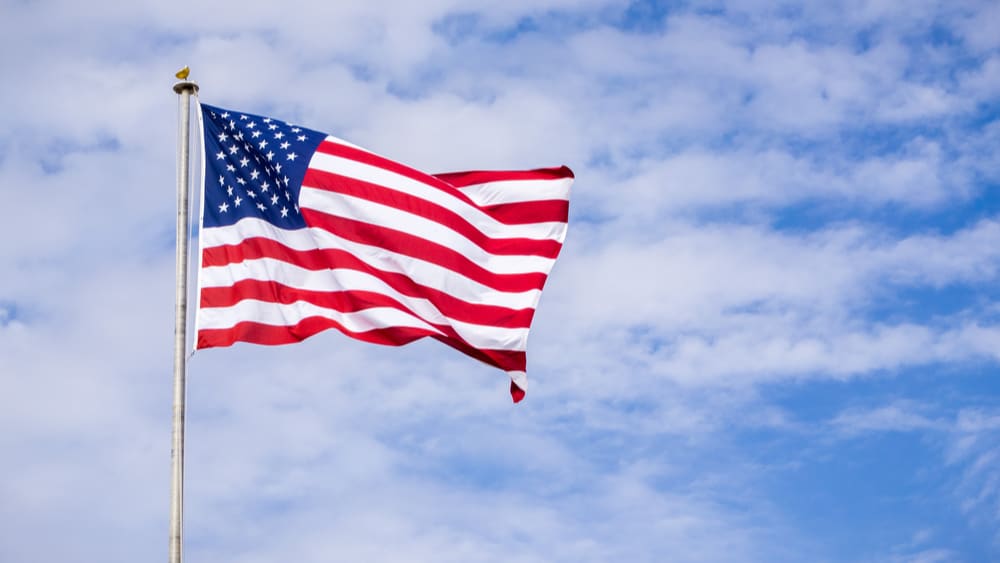[ad_1]
OPINION
For many Americans, July 4 is a time to celebrate our nation and create summer memories with loved ones. This year, as we listen to the voices of people most affected by police brutality and systemic racism, we must work towards recreating a society that lives up to its stated principles and finally stands for freedom and opportunity for Black and brown Americans.
Criminalization, policing, and
incarceration continue to be tools of race-based control and oppression. While
Black people account for less
than 20 percent of New York’s population, nearly half of all people in New York’s
prisons (48 percent) are Black. Such over-incarceration of Black people stems from a history of
decisions that has affected policing, who and how people are charged with and
prosecuted for crimes, and the sentences they receive in our courts. These biases
are at the foundation of our criminal justice system. As applied, they do
untold damage to families and destroy the very fabric of Black and brown
communities.
This system has plenty of harm
to go around and creates devastating effects for the most vulnerable among us:
our children. According to the New York Initiative for Children of Incarcerated
Parents, more than 2.7
million children currently have a parent in prison or jail.
With the country awakening to
the urgent need to uproot systemic racism in our criminal justice system, there
are things we can do, today, to address its immediate effects. Thousands of
incarcerated New Yorkers could be reunited with their families, right now, if
Governor Cuomo allows it.
The executive power of clemency
is one the most efficient state-level actions to reunite families and rethink
the State’s relationship with our communities, and yet New York’s governor has
only sparingly exercised such power. Through clemency, the governor can pardon
a person previously convicted of a crime or commute a prison sentence to a
lesser term than was initially imposed. At its core, clemency is a basic
recognition that all human beings are capable of change and worthy of
redemption.
Many former incarcerated
individuals use their fresh starts to give back to society. Dominic Dupont, a
formerly incarcerated New Yorker who was granted clemency, used his newfound
freedom to lead community service efforts and demonstrates what is possible
through clemency.
“It’s provided an opportunity
for me to be an asset to my community,” Dupont
said on his second chance after spending 20 years in prison.
New York Governor Andrew Cuomo
has the power to reunite families and return people like Dominic Dupont to our
community. And he has already shown he believes clemency is effective. Even
as Governor
Cuomo granted clemency to three New Yorkers in mid-June, there are
hundreds people who are vetted and desperate for similar action. Executive
clemency, used robustly, can make that possible just in time to celebrate
Independence Day.
What’s more, imagine the impact
that clemency could have on thousands incarcerated parents. Clemency could
hasten their release and allow them to invest their time back into their
families and communities. Research shows that family support is
critical for a formerly incarcerated person’s successful reentry. In Minnesota
individuals who received visits were 13 percent less likely to be convicted of
a new felony offense and 25 percent less likely to have technical violation
revocation of supervised release.
And right now, especially as COVID-19
rages behind the prison walls and razor wire, we must act quickly to protect
incarcerated people from a de facto death sentence.
While the rights enumerated in
the Declaration of Independence have been selectively applied throughout
history, it includes the defining proclamation that, “all [people] are created
equal, that they are endowed by their Creator with certain unalienable Rights,
that among these are Life, Liberty and the pursuit of Happiness.”
Today, as our Black and brown
communities fight for true freedom and equity, justice requires that we use
clemency as broadly as possible to free those we have put in cages and
separated from their families. Those who are at greatest risk of dying behind
prison walls. And those, like Dominic Dupont, who could be incredible assets in
our community.
Governor Cuomo, don’t miss this
moment. As you deal with the crisis of COVID-19 and the urgent need to create
more equitable systems, you can show the nation the true meaning of
freedom.
##
Topeka K. Sam is a Senior
Advisor at New Yorkers United for Justice and is the Founder and Executive
Director of The Ladies of Hope Ministries – The LOHM – whose mission is to help
disenfranchised and marginalized women and girls transition back into society
through resources and access to high-quality education, entrepreneurship,
spiritual empowerment, advocacy and housing.
[ad_2]
Source link

